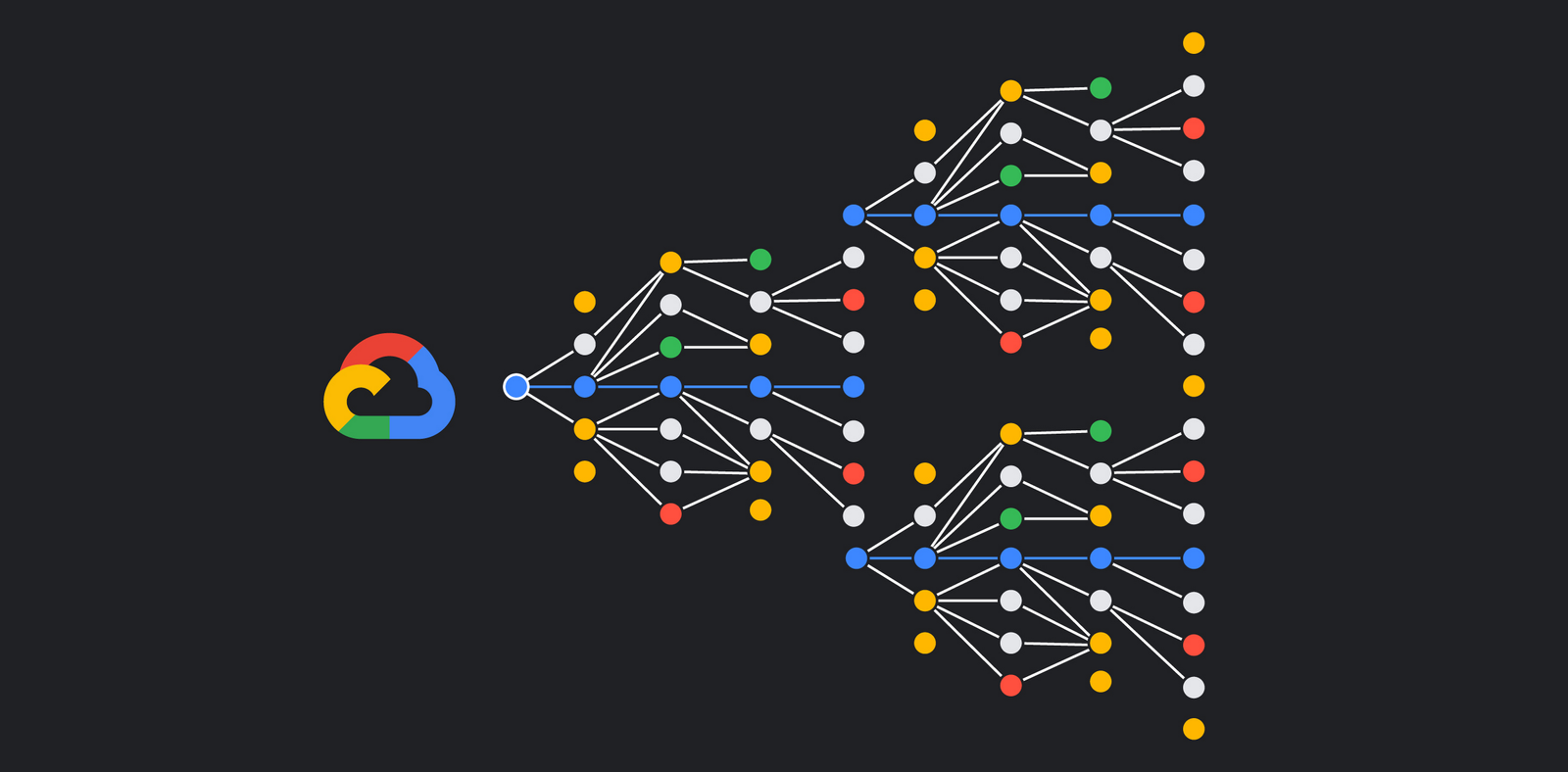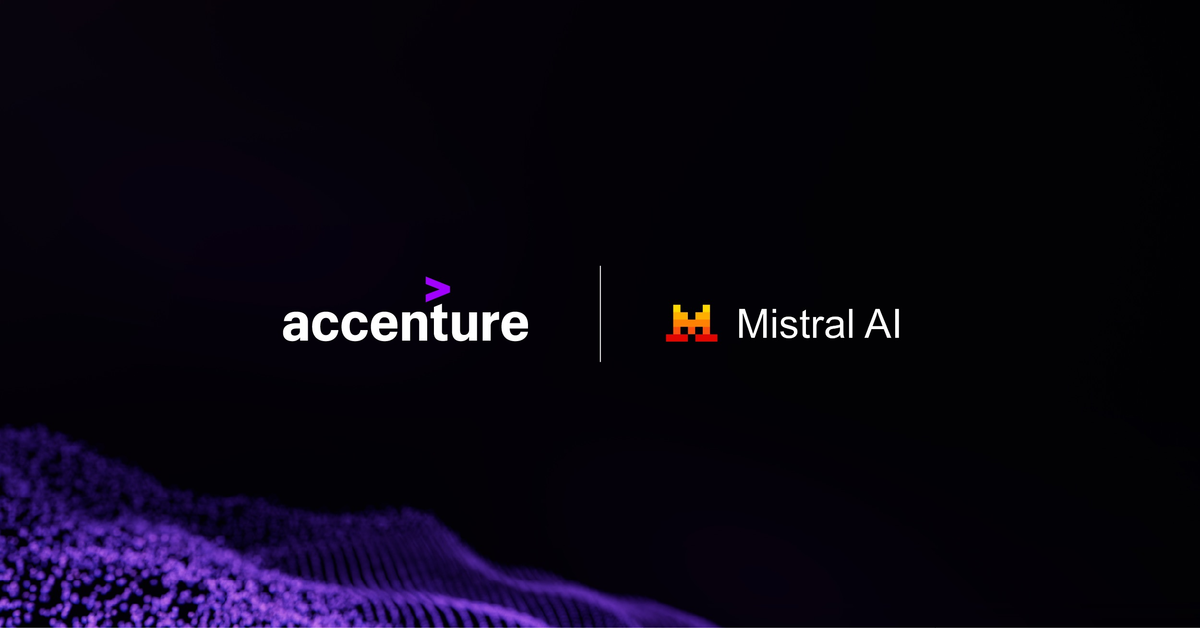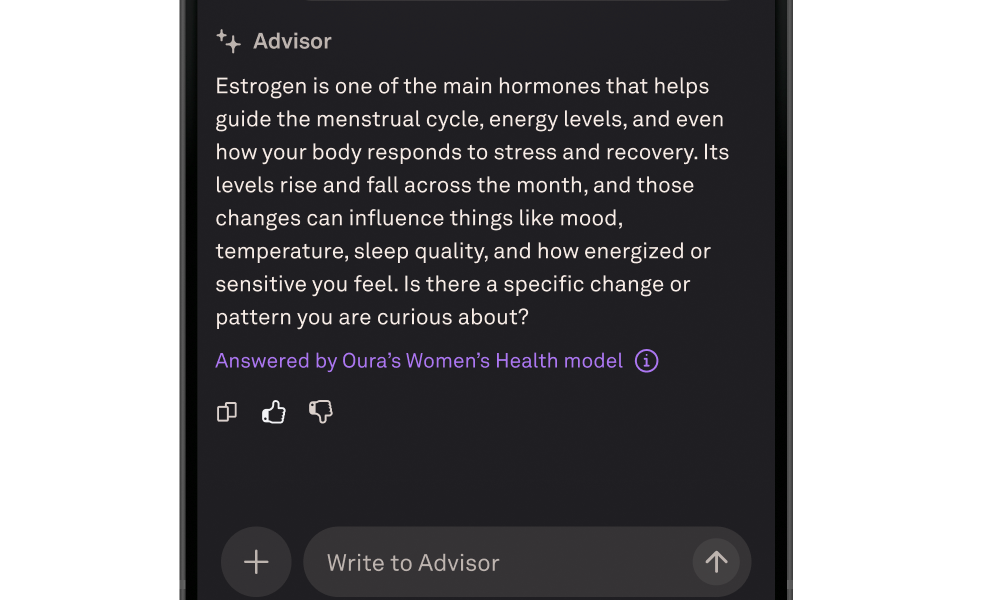Google has announced the launch of a suite of AI-powered coding tools, including a competitor to GitHub’s Copilot. The new tools, which were unveiled at the company’s I/O developer conference, leverage Google’s large language model PaLM 2, which has been specifically trained to handle coding-related prompts and to handle queries related to Google Cloud. Google’s Codey, as it is known, was trained on a large corpus of permissively licensed open-source code, as well as internal Google code, code samples and reference applications.
Codey will enable developers to chat with the model in a chat box in their IDE or write a comment in a text file, and have it generate the relevant code, streamlining coding tasks and freeing up time for more creative tasks. Google says the new tool, which is integrated with Google Cloud Platform, sets itself apart from its competitors because it supports integration with the rest of the Google Cloud Platform.
The AI-powered tool is currently available for a small set of trusted testers, and Google plans to reveal more about the technology at its Cloud Next event in late August. In the future, Google aims to use the model to help developers manage all of their services on Google Cloud using chatbot technology, freeing up developers and DevOps teams from the routine work of testing and deploying applications.
Google’s approach to cloud interfaces represents a shift away from the traditional CLI and UIs and APIs, which are difficult to navigate and require extensive documentation. The company aims to make cloud platforms more human-centric, goal-oriented and holistic, putting AI at the center of the cloud experience. The launch of these tools represents an important step forward in the development of AI-powered coding tools and is likely to have significant implications for the future of coding and software development.







Comments